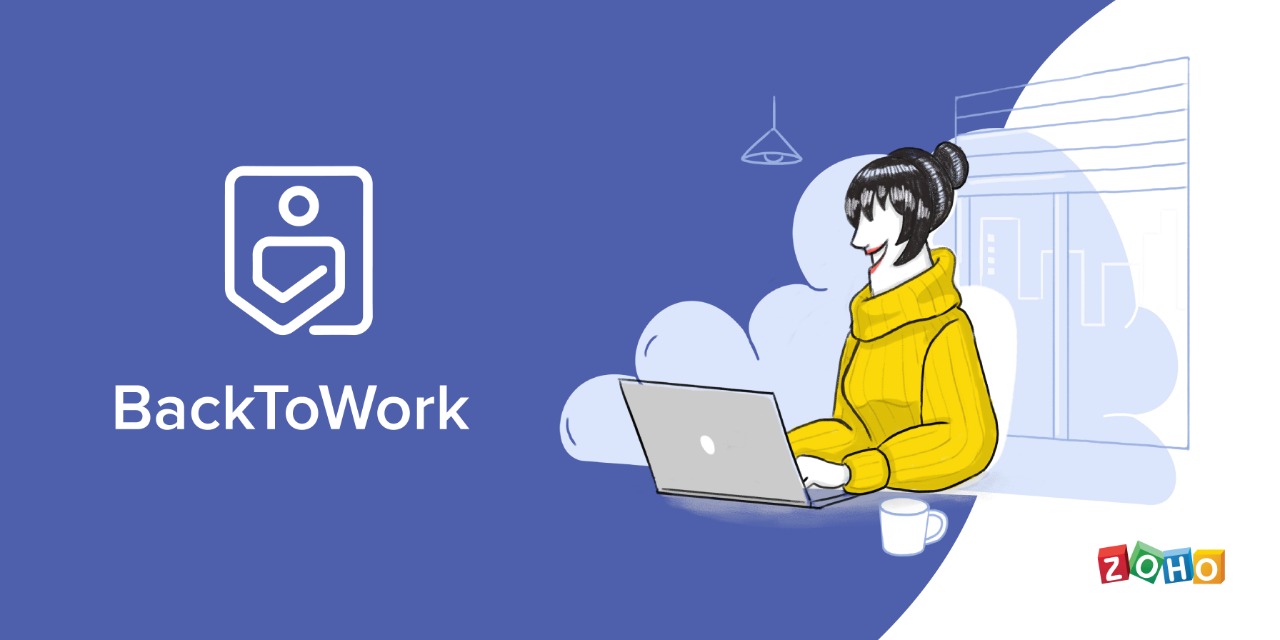A new study by Zoho, a leading global technology company, has revealed that only 14% of Nigerian businesses operate fully remotely. The study, titled “The State of Productivity and Collaboration in Nigeria, 2024,” surveyed over 500 organizations with more than 50 employees across Nigeria. It highlights the evolving work models, technological challenges, and opportunities facing businesses in the country.
The report shows that 55% of Nigerian businesses still operate on a fully on-site work model, while 31% have adopted hybrid setups. The remaining 14% of businesses work entirely remotely. According to the findings, remote roles are mostly held by individual contributors with limited collaboration needs. On the other hand, hybrid workers face significant communication barriers as they juggle between in-office and remote work.
The study also delves into the challenge of app overload in Nigerian workplaces. It found that 51% of employees use between 1 to 5 apps daily, while 35% use 6 to 10 apps, and 14%rely on more than 10 apps. This heavy app usage is especially evident among senior executives, with 81%of C-suite employees using more than 10 apps daily, compared to only 72% of junior employees who use fewer apps.
Despite this high app usage, only 50% of respondents track their tasks in a unified view, though adoption rates are higher among C-suite (78%) and senior leadership (63%). Zoho points out that the fragmented use of multiple apps has led to inefficiencies, with 45% of respondents citing information spread across too many apps as a significant collaboration challenge.
One of the most critical challenges identified was poor Wi-Fi and data connectivity, affecting 80%of respondents. This highlights the need for solutions that can function effectively in low-connectivity environments. Additionally, digital fatigue (54%) and communication difficulties for middle managers, especially in hybrid or remote setups, emerged as key concerns.
In response to these challenges, businesses are looking to boost productivity through solutions such as quick access to information from different apps (78%), adopting new technologies like AI (72%), and improving communication within business apps(55%).
Zoho’s findings reveal a growing demand for unified collaboration platforms with advanced AI capabilities. These platforms can integrate seamlessly into existing software ecosystems, reducing digital fatigue and improving workflow efficiency. Kehinde Ogundare, Country Head of Zoho Nigeria, highlighted the need for such solutions, stating:
“Nigerian businesses have adopted a variety of cloud tools over the years to support their digital transformation journey. However, they are beginning to recognize that these disconnected tools often lack integration with their existing technology stack, creating silos that hinder collaboration and lead to productivity losses.”
The survey also explored how Nigerian businesses are preparing for economic challenges. About 51% of respondents said their organizations had adopted new technology to stay competitive. Those who embraced new technologies were more optimistic about their company’s ability to handle competition, rating their preparedness at 4 out of 5, compared to just over 3 out of 5 for those who had not adopted new technologies.
However, slow adoption of emerging technologies like AI remains a significant barrier to competitiveness, as reported by 46% of respondents. Other barriers to competitiveness include low adoption of digital tools (45%) and the inefficiency of employees switching between too many apps (41%).
The Zoho report underscores the need for Nigerian businesses to streamline their workflows, improve technological adoption, and integrate digital tools to boost productivity and collaboration. With many businesses still grappling with app overload, communication barriers, and connectivity challenges, the shift towards unified collaboration platforms and AI solutions could be pivotal in addressing these issues and enhancing competitiveness in the digital era.










